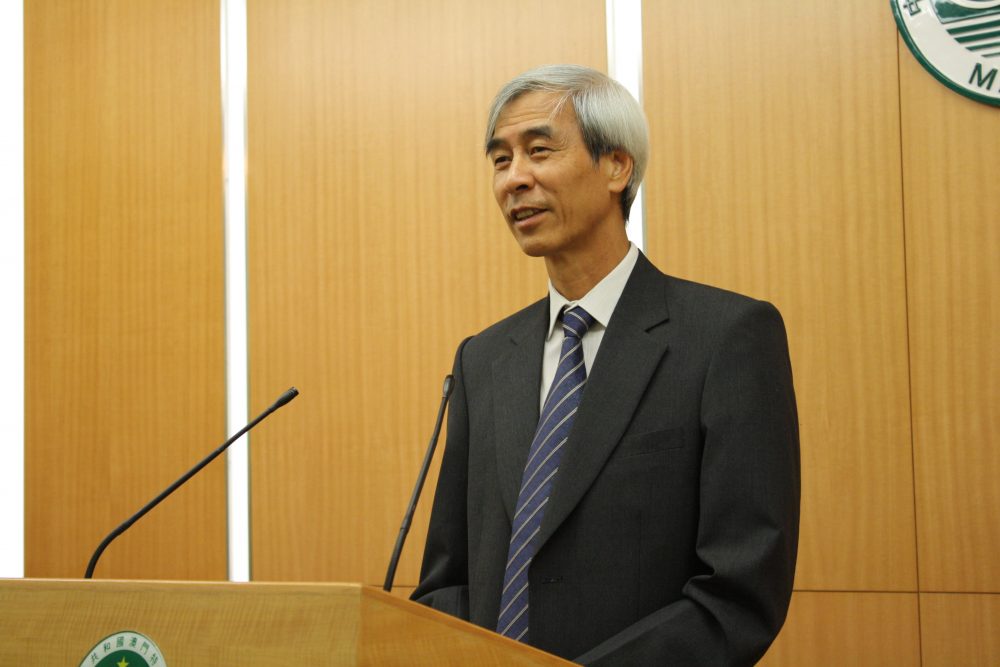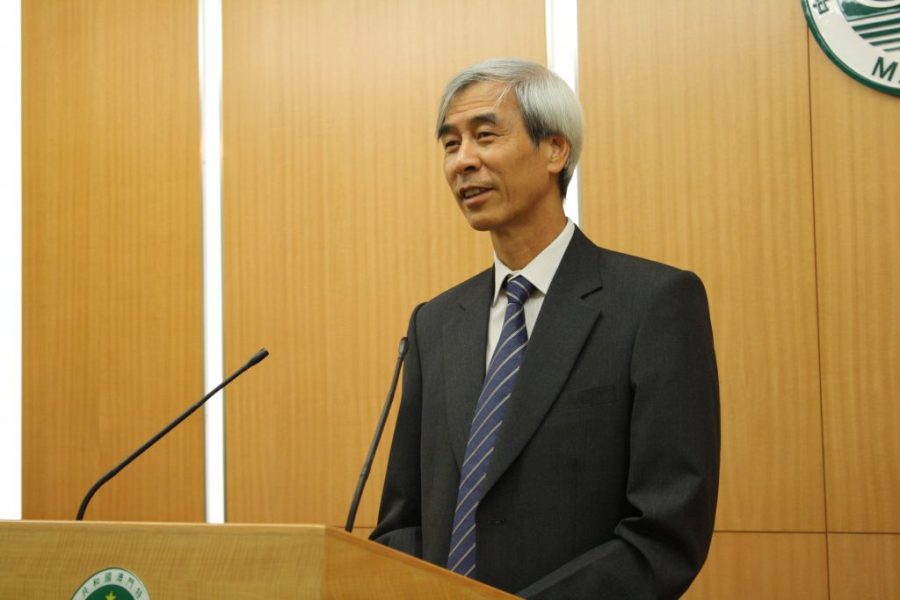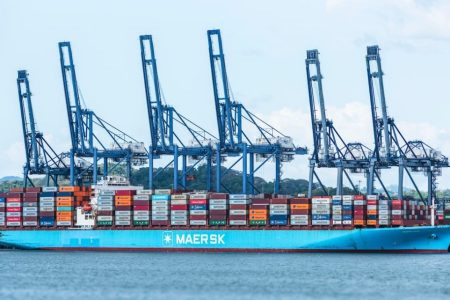The Executive Council has announced that the government plans to set up the local version of a “sovereign wealth fund” with a proposed capital of 60 billion patacas.
Leong Heng Teng, spokesman for the government’s top advisory body, made the announcement during a press conference at Government Headquarters on Friday.
According to Leong, the government proposes a bill that would amend its 2019 budget so that it can go ahead with the 60 billion pataca injection. The amendment bill proposes that the government take the 60 billion patacas from its financial reserves – which currently stand at over half a trillion patacas – as the fund’s capital.
The bill will be submitted to the Legislative Assembly (AL) in due course for debate and vote.
The proposal of setting up the fund was first mentioned in Chief Executive Fernando Chui Sai On’s campaign platform when he sought re-election in 2014. He said at that time said that his government would study the feasibility of setting up an investment and development fund for the Macau Special Administrative Region (MSAR) with the aim of making good use of the government’s large financial reserves.
In his 2015 Policy Address, which he presented to lawmakers in early 2015 after taking office as chief executive for his second and constitutionally final consecutive five-year term on December 20, 2014, Chui said that the government would study the feasibility of setting up the MSAR Investment and Development Fund with a portion of the government’s financial reserves as a means to improve the financial reserves’ returns.
In its Five-Year Development Plan (2016-2020) published in September 2016, the government first came up with a timetable for the setting-up of the fund, saying that it would establish the MSAR Investment and Development Fund in 2019.
In a Q&A session in the legislature’s hemicycle in April this year, Chui said that the government would set up the investment and development fund in the second half of this year. Chui said that the future fund – which would be similar to other state-owned investment funds generally known as sovereign wealth funds – would help improve the returns on the government’s financial reserves.
49 GBA projects
In April’s Q&A session, Chui said that the local government would invest in 49 projects related to Macau’s participation in the development of the Guangdong-Hong Kong-Macau Greater Bay Area (GBA) via the future MSAR Investment and Development Fund. The GBA comprises the special administrative regions of Hong Kong and Macau and nine cities in Guangdong province.
Chui said at that time that the government’s financial reserves amounted to 569.5 billion patacas (more than half a trillion patacas) in January, when Macau’s foreign exchange reserves stood at 163.2 billion patacas. The chief executive said that Macau’s strong financial and foreign exchange reserves showed that the MSAR government was capable of setting up its own investment and development fund.
Chui said at that time that the MSAR Investment and Development Fund would be managed by a public but independent business entity. He said that the entity would be separate from the government’s public administration and work in line with market rules, which would mean that investments made by the fund would carry a certain degree of risk, which he said was different from the case of the Guangdong-Macau Cooperation Development Fund – established last year – which provides the Macau government with favourable investment conditions such as guaranteed returns and principal-protected investments (PPIS).
The Guangdong-Macau Cooperation Development Fund was established last year with a duration of 12 years for Macau to invest in infrastructure and other important projects in the neighbouring province. During the 12-year period, Macau, as a qualified foreign limited partner (QFLP), will pay 20 billion yuan into the 20.01-billion-yuan fund, while Guangdong, as a general partner, will “symbolically” pay 10 million yuan into the fund, with the province responsible for the fund’s operation. The Macau government will get a guaranteed 3.5 per cent rate of return (RoR) annually from the fund during its 12-year duration, regardless of any losses incurred in investment projects in the neighbouring province.
Addressing Friday’s press conference, Leong said that the proposed setting-up of the MSAR Investment and Development Fund aims to increase “the long-term returns on the public financial resources”. He said that after referencing the experiences of other countries and regions, the local government had decided to establish a company tasked with managing the fund. According to Leong, the future company will be named Macau Investment and Development Fund Management Limited.
According to Leong, in order to get the 60 billion pataca injection into the fund off the ground, the government proposes to amend its 2019 budget so that it can allocate the 60 billion patacas from its financial reserves and use it as the fund’s capital, in line with the relevant rules listed in the current law regulating the government’s financial reserves.
Customarily, the government’s budget bill for the next year is scheduled to be passed by the legislature in December every year.
According to Leong, the amendment bill proposes that the government’s budgeted receipts for 2019 be raised by 60 billion patacas, and that the 60 billion patacas be taken from the “extraordinary” reserves of the government’s financial reserves.
According to the law on the government’s financial reserves, the government’s financial reserves consist of “basic” reserves and “extraordinary” reserves. According to the law, if the government plans to take money from its financial reserves, it would need to submit to the legislature a bill amending its budget for the respective year for debate and vote.
According to the law on the government’s financial reserves, the government is required to keep the “basic” reserves always equivalent to 150 per cent of the government’s central budgeted expenditure listed in its latest budget. After the required amount of the “basic” reserves is reached, the remaining annual financial surplus will be added to the “extraordinary” reserves.
11 per cent of total reserves
Leong said that as of June 28 this year, the government had “basic” reserves of 148.8 billion patacas as well as “extraordinary” reserves of 400.2 billion patacas – the total reserves of 549 billion patacas – i.e. more than half a trillion patacas. Consequently, the local “sovereign wealth fund” would receive nearly 11 per cent of the government’s total reserves as of the end of last month.
According to Leong, the amendment bill proposes that the MSAR pay 59.88 billion patacas into the fund, while the Macau Trade and Investment Promotion Institute (IPIM) and the Industrial and Commercial Development Fund (FDIC) pay 60 million patacas each respectively. Both are financially autonomous public entities.
According to the Macau Post Daily, when asked when the company managing the fund will be established, Leong said that preparatory tasks for the company’s establishment were underway, adding that the timing for its establishment would depend on the progress of lawmakers reviewing the amendment bill.
Meanwhile, the government said in a statement on Saturday that media reports claiming that Chief Executive Fernando Chui Sai On would head the fund were “groundless”.






